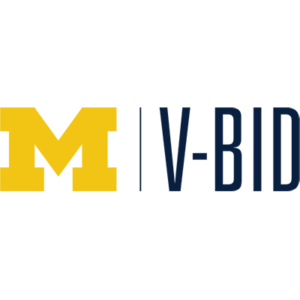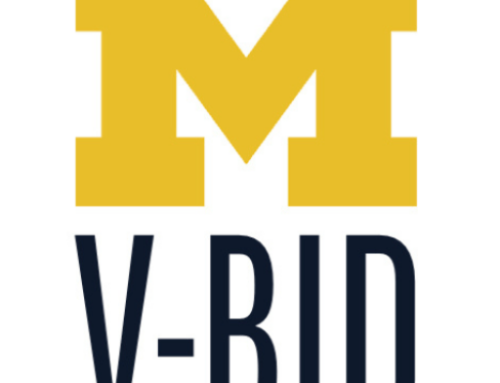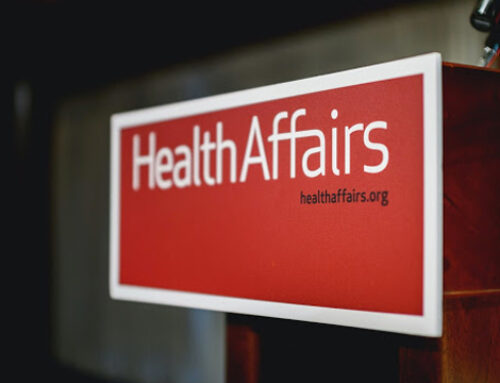CENTER UPDATE | OCTOBER 2022
In this Issue:
- 75% of Employers Won’t Impose Cost-Sharing if ACA Mandate is Overturned
- CY2023 MA V-BID Model Participation and CY2020-2021 Evaluation
- Low-Income Cancer Survivors Have Increased Odds of Poor Health
- The Cost of Breast Cancer Care
- Lung Cancer Screening Programs Meet USPSTF Criteria
- The Impact of Covering Select Preventive Services on Health Care Spending
- 1 in 5 Adults with Diabetes Ration Insulin to Save Money
- State of U.S. Health Insurance in 2022 Suggests Significant Barriers to Care
- Cost-Related Access Barriers, Debt, and Dissatisfaction Among Privately Insured
- Health Care Consumers Conditioned to Not Shop Around for Best Price
- The Impact of HDHPs on Service Use and Spending
- War Over Drug-Cost Assistance Traps Sickest Patients in the Middle

80% of Employers Won't Impose Cost-Sharing if ACA Mandate is Overturned
According to EBRI survey findings released today, 80% of employers won’t impose cost sharing on preventive services if the ACA preventive services mandate is overturned. The Section 2713 mandate, which incorporates V-BID principles to expand first-dollar coverage of preventive care services for an estimated 167 million Americans, is being challenged by U.S. Supreme Court case Braidwood v. Becerra. This news follows a recent analysis showing that the costs of covering select preventive services are very low and would have minimal impact on overall employer health care spending.

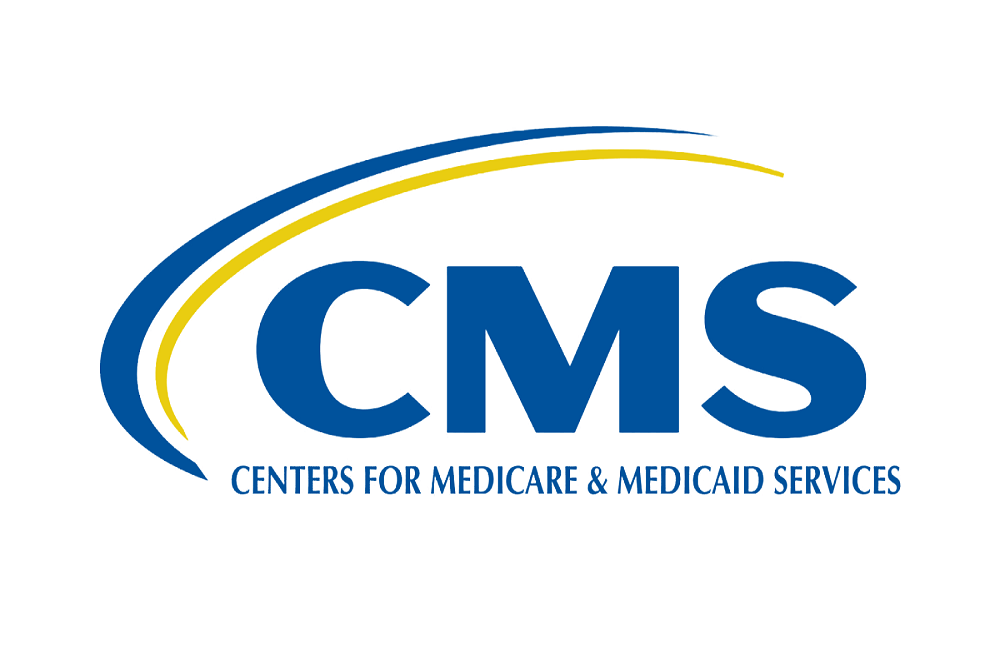
CY2023 MA V-BID Model Participation and Evaluation Findings for CY2020-2021
The Centers for Medicare and Medicaid Services has announced that 52 MA organizations (MAOs) will participate in the CY 2023 MA V-BID Model, up from 34 in 2022. Following this announcement, RAND released an evaluation report on years 2020 and 2021 of the MA V-BID Model. Findings include the estimated association between V-BID and key outcomes such as beneficiary participation, enrollment, bids, premiums, and projected costs of supplemental benefits. Learn more about the MA V-BID Model.

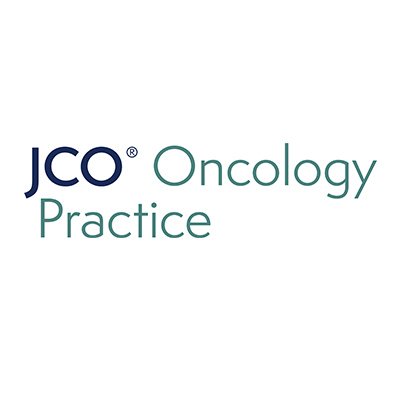
Low-Income Cancer Survivors Have Increased Odds of Fair/Poor Health
A study of U.S. cancer survivors found that low-income survivors were doubly likely to be in poor/fair health and less likely to have health insurance or be able to see a doctor. Low-income cancer survivors also had significantly increased odds of physical and mental unhealthy days.

Special Report: The Cost of Breast Cancer Care
Researchers have found five major causes of financial stress among those diagnosed with breast cancer: problems with health insurance coverage, additional expenses related to treatment, prescription drug costs, income and job loss, and lack of access to financial help and advice.
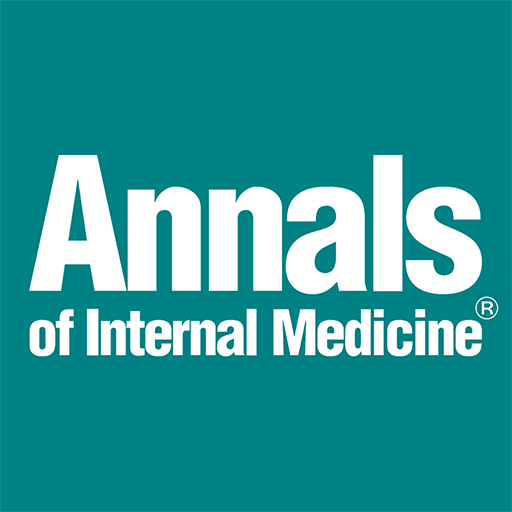
Lung Cancer Screening Programs Hit the Mark on Eligibility Criteria
According to recent research, 91% of those screened for lung cancer from 2015 to 2019 met USPSTF eligibility guidelines, though only 22% of those scanned had a 12-month follow up. A summary of the study notes that 2021 updates to USPSTF recommendations have expanded eligibility to include an estimated 15 million individuals.

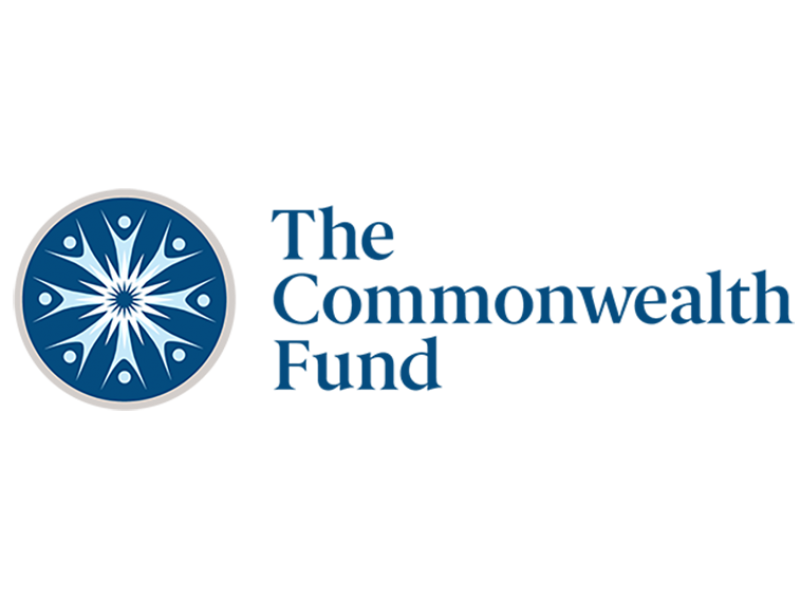
State of U.S. Health Insurance in 2022 Suggests Significant Barriers to Care
The Commonwealth Fund released a data brief summarizing the results of their Biennial Health Insurance Survey. Key findings include:
- 43% of working age adults were inadequately insured in 2022
- 29% of people with employer coverage and 44% of people covered through individual market or marketplace were underinsured
- 46% skipped or delayed care because of cost and 42% had problems paying medical costs
- 49% reported they would not be able to pay an unexpected medical bill of $1000 within 30 days
- Including 68% of adults with low income, 69% of Black adults, and 63% of Latinx adults
- 68% of Democrats, 55% of Independents, and 46% of Republicans said President Biden and Congress should make health care costs a top priority in the coming year

1 in 5 U.S. Adults with Diabetes Ration Insulin to Save Money
1 in 5 adults with diabetes, or 1.3 million Americans, have skipped, delayed, or used less insulin that was needed to save money, a new study finds. Two groups that reported the highest rates of rationing, the uninsured and privately insured, are not included in the Inflation Reduction Act’s $35 insulin cap.
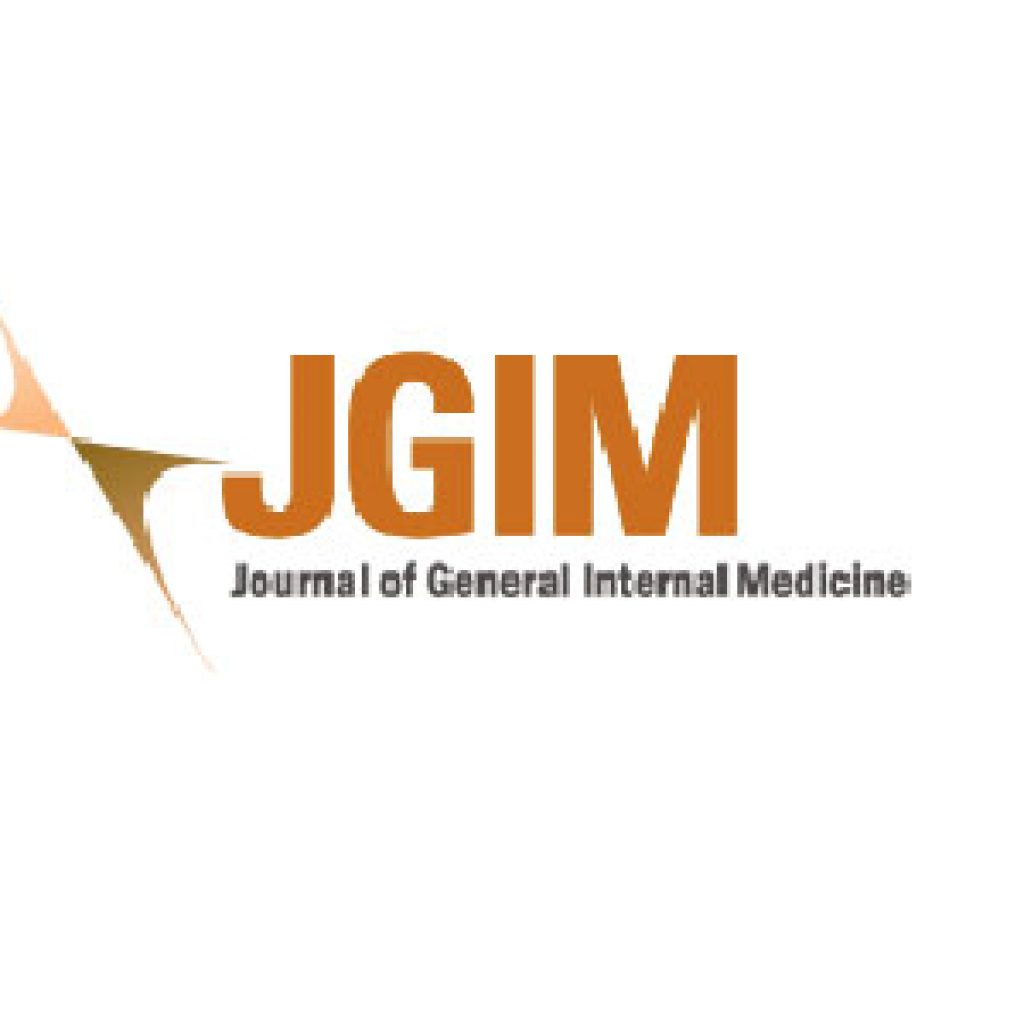
Cost-Related Access Barriers, Medical Debt, and Dissatisfaction with Care Among the Privately Insured
A study of American adults with private insurance revealed that cost-related access barriers, medical debt, and dissatisfaction with care were common and most pronounced in those with fair or poor health. This group also reported higher risk of not taking medication due to cost.

Majority of Health Care Consumers Conditioned to Not Shop Around for Best Price
Findings from an Akaska healthcare survey show that while younger adults and patients with high-deductible health plans are more likely to research healthcare pricing, 64% of respondents have never sought out pricing information for healthcare services. However, 58% of those surveyed indicated that they would shop around if pricing was disclosed prior to necessary procedures and services.


The Impact of HDHPs on Service Use and Spending
During an EBRI webinar, experts stated that expanding coverage of preventive care services pre-deductible can improve utilization, adherence, and health outcomes. An October episode of the Managed Care Podcast highlighted research that shows HDHPs shift spending from the plan to the enrollee and exacerbate undertreatment of substance use disorder.

War Over Drug-Cost Assistance Traps Sickest Patients in the Middle
A recent MarketWatch article examines the financial strain that copay accumulator provisions in health insurance plans can have on patients. The story marks growing tension between insurers, manufacturers, and pharmacy benefit managers and increasing out-of-pocket costs for patients, especially those with chronic conditions.
Please Help Support the V-BID Center
As a non-profit entity, the V-BID Center relies on fundraising to support our research, education, and policy efforts. Please help us continue our work by donating here. We truly appreciate your consideration.


